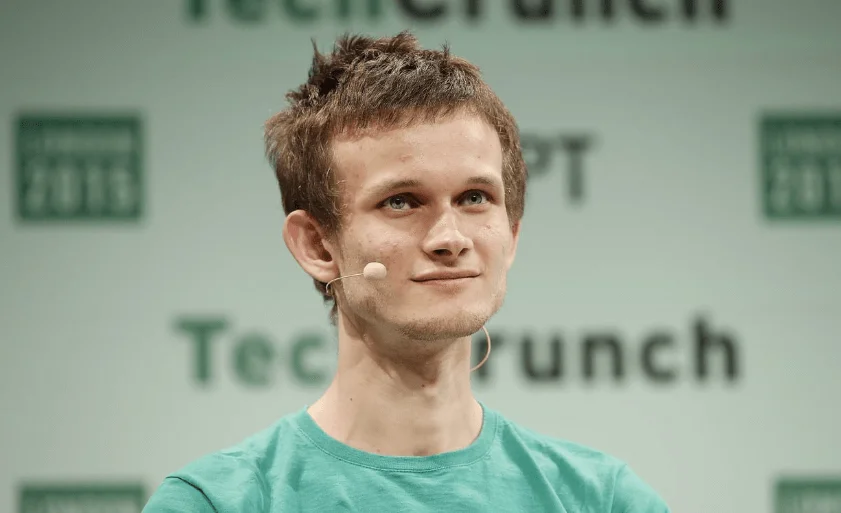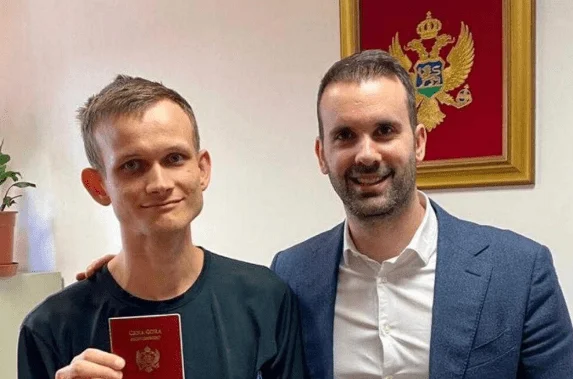The Montenegrin government has reportedly made Ethereum developer Vitalik Buterin its newest citizen, as part of its ambition to become a hub for blockchain innovation.

Prime Minister Zdravko Krivokapi proposed Buterin for the honor to help the southeastern European nation promote its ambitions to become a blockchain innovation hub, according to Montenegrin news site RTCB.
Although there appears to be no official notification, Minister of Finance and Social Welfare Milojko Spaji apparently shared this photo with Buterin when he received his passport.

On April 7, Minister Spaji hosted the Ethereum (ETH) co-founder at the Future Now! panel discussion in Montenegro. Buterin, Ethereum researcher Vlad Zamfir, University of Memphis professor of Law Boris Mamlyk, and Minister Spaji were among the panelists who discussed the legality of blockchain identification, smart contracts in government, and other issues.
Montenegro and blockchain
According to the local news site Mina, Prime Minister Krivokapi, Buterin, and numerous other government officials met on April 4 to explore Montenegro’s choices in the blockchain industry. One of the most crucial points raised was how to regulate cryptocurrency for its citizens.
Minister Spaji noted that while he would like his country to be tougher on criminals in the industry, he believes that fairness would help to boost growth and “eliminate the gray economy in all areas.” He continued, “
“Montenegro strives to become a center of innovation in blockchain technology with an emphasis on all the advantages of a legitimate industry that will bring attractive regulations.”
The government of Montenegro is now delving into the complex regulatory entanglements that come with incorporating blockchain technology into its numerous systems.
The presenters at the Future Now! event focused on how people can legally build a community using blockchain, as well as legally verify their identity and protect themselves from identity theft.
Decentralized autonomous organizations (DAO) might provide DAO tokens for users to validate their membership while maintaining their privacy, according to Mamlyk. Buterin, on the other hand, stated that “there is no miraculous one-line concept” for dealing with bad actors.
Buterin responded to Wyoming, which recognizes DAOs as legal organizations when asked if Montenegro should allow corporations to register as DAOs. He believes that implementing decentralized government in this way is a “good first step” and “a good place to start” for Montenegro.

